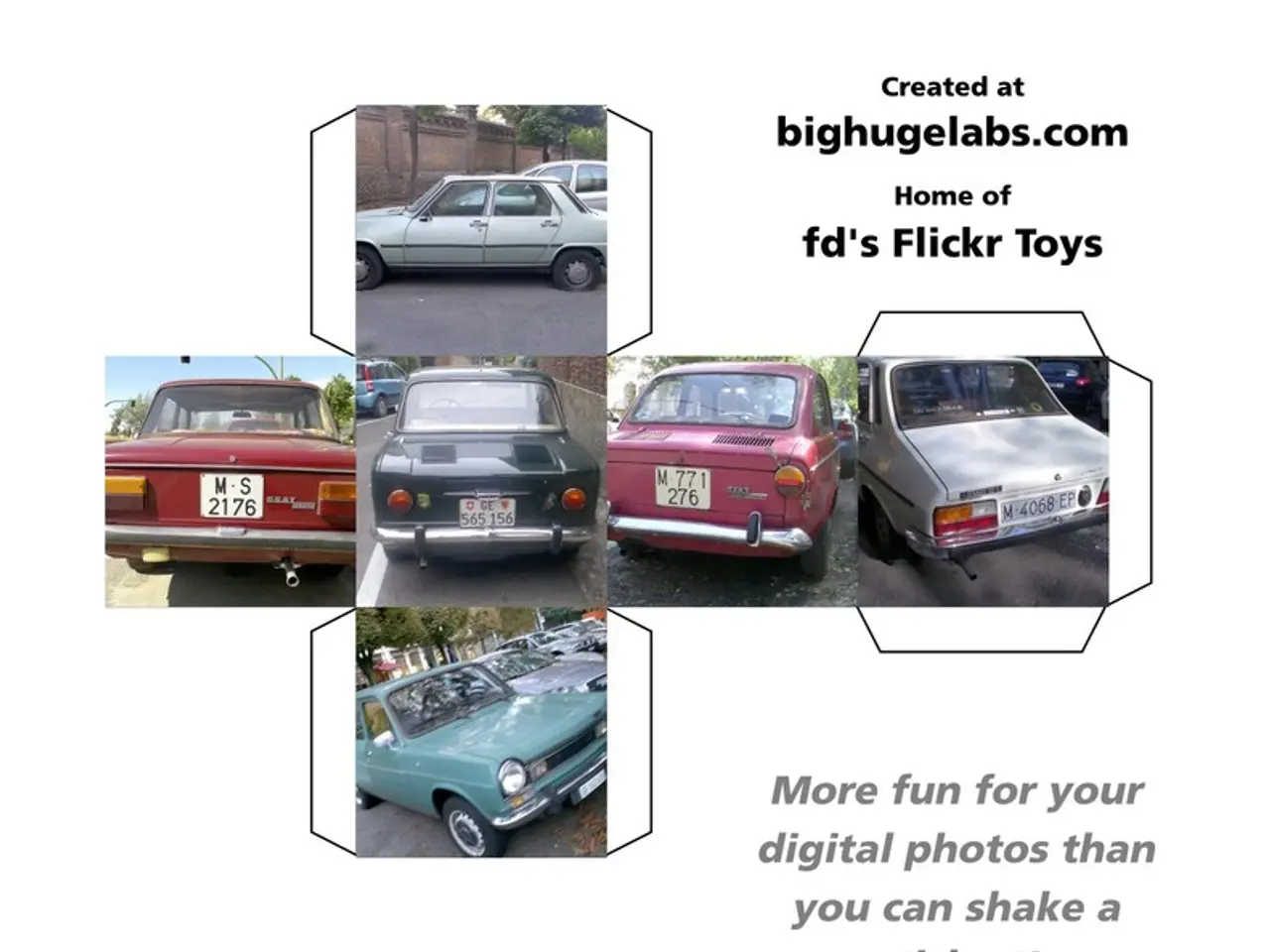Effective trial of digital parking management system
Digital Parking Management Revolutionises Traffic Safety in Baden-Württemberg
In a groundbreaking move, Baden-Württemberg, the first German state to have a legal basis for digital parking space control, has successfully implemented a pilot project for digital parking management in Hohenheim, using a scan vehicle to manage parking permits on the grounds of the University of Hohenheim since May 2025.
The scan vehicle, a key component of this innovative system, captures the license plates of parked vehicles and compares them with the actual parking permits. It can detect incorrectly parked vehicles, such as those parked in driveways or fire access routes, contributing to traffic safety by reducing obstructions in bike lanes, bus lanes, and absolute no-parking zones.
The Baden-Württemberg Parking Space Company (PBW) tested the entire data management in the background together with the service provider DCX Innovations. The necessary digital interfaces between parking ticket machines, camera data, and storage systems were successfully created and can be used by the PBW and municipalities in the future.
The Hohenheim pilot project marked the beginning of a series of model tests planned in Heidelberg, Mannheim, Freiburg, and Waldshut-Tiengen. The pilot cities where further model tests of digital parking space management are planned include Berlin, Hamburg, Munich, and Stuttgart.
The legal basis for this digital revolution is the Baden-Württemberg State Mobility Act (LMG), which came into force in March 2025. The Act has enabled control patrols to begin just a few weeks after its implementation. The area provided ideal conditions for a quick trial start due to the existence of parking ticket machines with license plate input function.
Digital parking management is based on automatic license plate recognition. Drivers enter their license plate number at the parking meter, ensuring a seamless and efficient process. One in five inner-city accidents is related to stationary traffic, and digital parking management aims to reduce this.
The increased efficiency of the scanning vehicle compared to traditional methods relieves control personnel. The vehicle needed about an hour and a quarter per control drive, while a foot patrol would take up to seven hours for a full check, showing a roughly sixfold increase in efficiency.
Europe has been employing this management of parking permissions by scanning vehicles for years. With Baden-Württemberg leading the way, it is expected that other states in Germany and across Europe will follow suit, revolutionising parking management and enhancing traffic safety.




